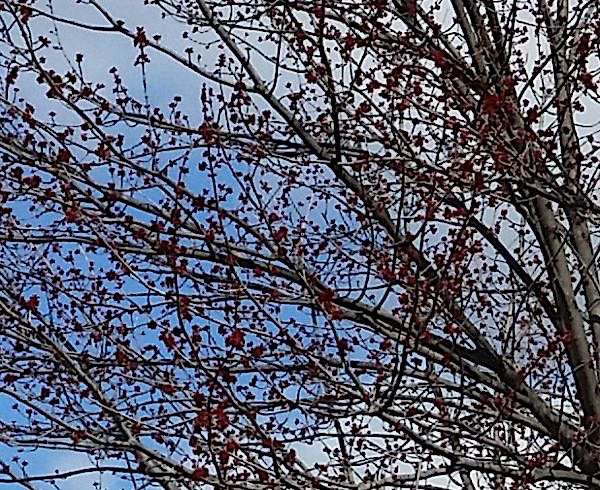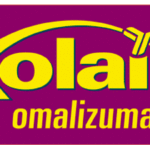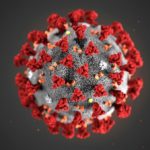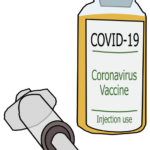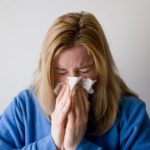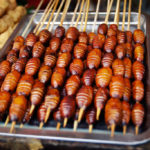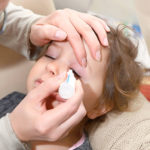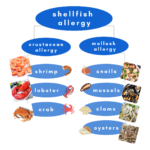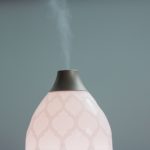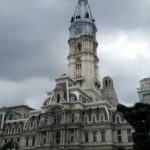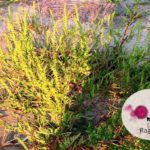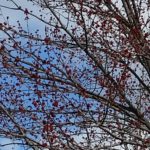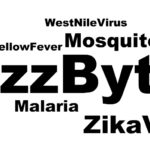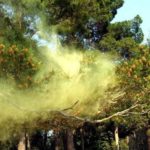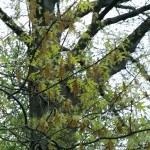2019 Tree Pollen (Spring Allergies) in Philadelphia and South Jersey Starts Now
Daily Delaware Valley Official Pollen, Ragweed, and Mold Spore Counts Resume
2019 Tree Pollen (Spring Allergies) in Philadelphia and South Jersey Starts Now
Tree Pollen – Are you feeling those old familiar, or new and different, symptoms of itchy watery eyes, and sneezing? Nearly everyone is ready for sunny skies and warm days, but springtime also brings spring allergies (Top Spring Allergy Signs and Symptoms). In the Delaware Valley last week, with temperatures climbing to nearly 70 degrees on several days, The Asthma Center began monitoring “what’s in the air?,” and we are please to announce the return of official daily Pollen and Mold Spore Counts.
You can follow our local pollen counts on our website, Facebook page, and direct to your inbox by subscribing for free here.
Why Am I Sneezing Now? Why Are My Eyes Watering?
Typically, juniper/cedar trees are the “early bloomers” in the metropolitan Philadelphia-South Jersey area, along with maple and elm tree pollen, and The Asthma Center’s first air sample late last week confirmed the presence of tree pollen. Over the past 10 years, the onset of spring pollen was observed at the beginning the second week of March. However, last year (the 2018 season) later than usual, but also began with heavier concentrations of pollen at the onset of the spring season compared to previous years observed by The Asthma Center. Now, the onset of the 2019 spring pollen season appears similar to 2018’s spring season start.
This week’s “cold snap” is expected to be brief. Prolonged periods of less than 40 degrees may close up the buds on trees temporarily (the ones that burst open last Thursday and Friday with highs nearly reaching 80 degrees.) Weather forecasts for the next ten days predict mostly dry and increasingly warmer weather. As temperatures quickly rebound, expect heavy tree pollen, grass pollen joining in, and the full onslaught of spring allergies.
What Is Pollen and How Do We Count It?
Trees and other plants reproduce by creating pollen grains, a fine “dust,” that is often visible to the naked eye (all that yellow or green dust on cars in the morning), but other times so small that it can only be seen under a microscope. Not all pollen cause allergy symptoms, but those that do are light and can travel far on wind currents.
Trees pollinate for two to three week intervals at various times and overlap with peaks observed in our region from late April through early May. Similar to tree pollen, grass pollen is produced as a means of reproduction and depends on wind currents to be transported. Airborne grass pollen appears in early April, peaks throughout May, and declines in June. The Delaware Valley also experiences a second burst of grass pollen in September. Weed pollen are prevalent later in the summer, with ragweed pollen a major culprit in our area.
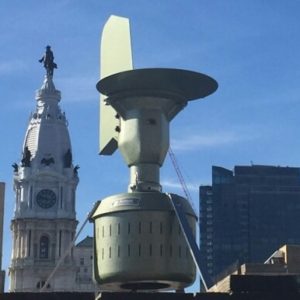
Throughout spring pollen season, we operate two monitoring stations: one on a rooftop in Center City Philadelphia and the other in Mount Laurel, NJ. The Asthma Center publishes these daily pollen, mold, and ragweed counts through the spring, summer and fall and provides a free daily (Monday – Friday) pollen and mold count subscription service. (Subscribe for free here.)
What Are Pollen Allergies?
In the presence of allergy triggers like tree pollen, the body reacts by creating histamine among other chemicals. This reaction causes the allergy symptoms we typically feel in spring like sneezing, itchy and watery eyes, and congestion. While symptoms are often similar, people react to different allergy triggers – some people are allergic to the juniper that’s in the air today, but others not. It just depends! Many allergy sufferers use the daily counts to keep track and prepare for their symptoms by starting allergy medication.
Pollen allergy treatment options often include antihistamines, nasal steroid sprays, decongestants, and mucus thinners. Off the shelf products can be extremely effective for treating symptoms, but because everyone’s allergies are unique, they may not work well for everyone. Another powerful option is allergy immunotherapy (allergy shots). Based on the results of the allergy skin tests which determine a person’s specific allergy triggers, allergy shots are custom formulated for each individual to treat their specific allergies. People typically experience significant, long term improvement using this methodology.
Delaware Valley’s Only Official Pollen and Mold Spore Counts (NAB Certified)
The National Allergy Bureau is a nonprofit organization affiliated with the American Academy of Allergy, Asthma, and Immunology that oversees and certifies pollen counting stations across the US. The Asthma Center operates the only certified pollen and mold stations in the Delaware Valley, with one location in Philadelphia and the other in South Jersey (Mount Laurel, NJ).
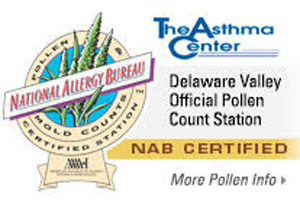
Call A Location Near You – Ask About Our Spring Saturday Hours
Center City Philadelphia • Society Hill Philadelphia • Northeast Philadelphia
Mt. Laurel NJ • Woodbury NJ • Hamilton – Princeton NJ • Forked River NJ
For interviews and tours of the Delaware Valley’s only certified pollen and mold spore stations for the National Allergy Bureau (NAB) certified pollen, ragweed, and mold spore counting stations in Philadelphia, PA and Mt. Laurel, NJ, please email gwoodlyn@asthmacenter.com.
If interested in purchasing historical pollen and mold spore counts, please email gwoodlyn@asthmacenter.com for pricing information.
The health information contained in this article is meant for basic informational purposes only. It is not intended to serve as medical advice, substitute for a doctor’s appointment or to be used for diagnosing or treating a disease.
Recent
Popular

